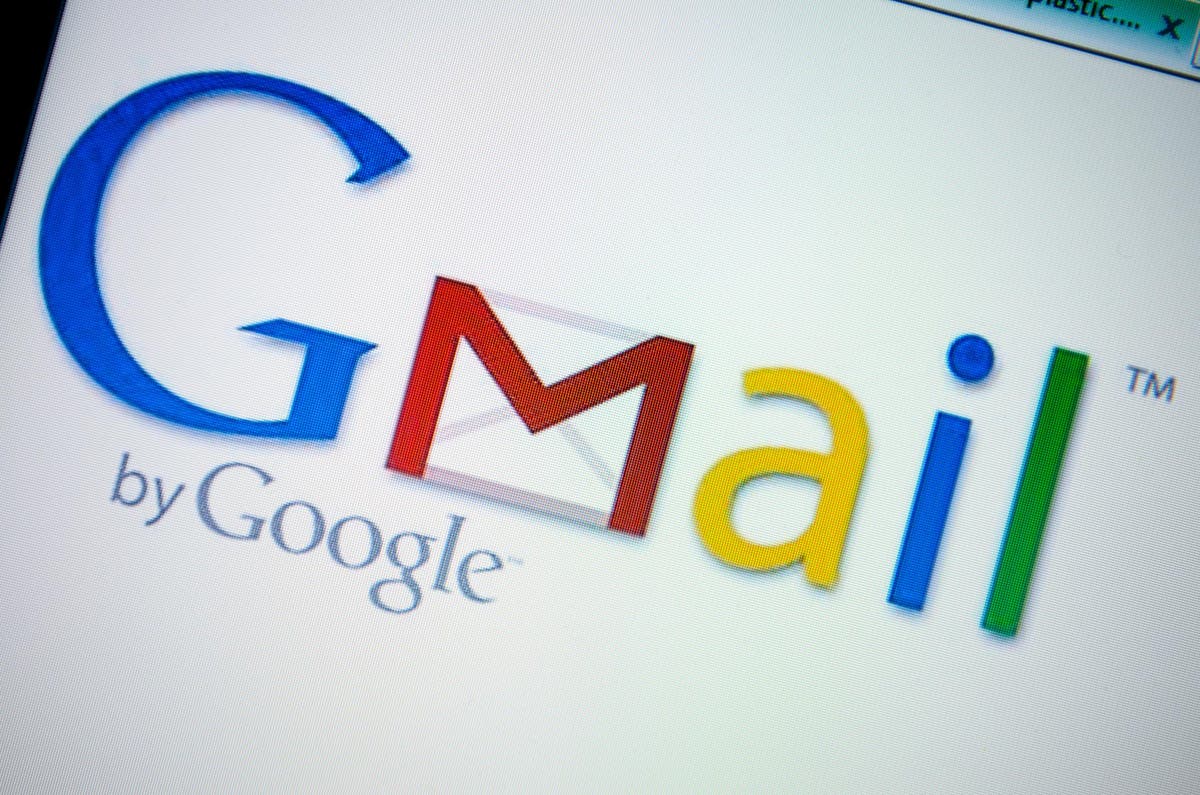Hackers discover way to access Google accounts without a password::‘Exploit enables continuous access to Google services, even after a user’s password is reset,’ researcher warns
This isn’t new at all. This is called session hijacking, and it’s been around for decades.
LTT just made a couple videos about it last year, because it happened to them.
I would guess they invalidate all sessions when password is reset, that part is weird.
Edit: read the thing. The exploit is that they steal some special token chrome stores and by manipulating it they can generate session cookies for the hijacked account. This doesn’t seem related to ltt
I thought session hijacking could only be done with 1st party cookies from google itself. I didn’t know you could session hijack with 3rd party cookies. That’s pretty interesting.
The article mentions third party cookies, but it’s talking about hackers stealing first party cookies (specifically authentication cookies).
deleted by creator
It still requires someone to be able to log in to get a token that can be stolen though.
Running Google Ads requires uploading your drivers license or passport. I’m a volunteer at a teeny non-profit. Why should I have to surrender that level of personal information for a business/non-profit account where I’m not even employed (no one is, it’s all volunteers)? I didn’t, and the account was suspended.
I wish advertisers had to put their DNA on file. Not really but the amount of fraud is unbelievable. See a few Joe Rogan, Elon Musk deepfakes shilling supplements and “esavers” and you wonder what more should be done. Even with great verification advertiser accounts still get highjacked!
Not sure what your best option would’ve been. It’s a pickle.
If you’re in California or the EU you could always just tell them to delete it anyway.
I was able to bypass that by logging into YouTube without a phone number, and then going to Google accounts. Not sure if that still works.
Firefox users keep winning.
Firefox isn’t magically immune to session hijacking…
So it is session hijacking, something that has been known for a while?
The main difference that makes this worse is that they can get persistence and maintain access even if the user resets their password (i.e. revoke session tokens). Hackers are usually limited to the fairly short lifetime of the session token (usually a few hours).
Yes, if by for a while you mean 25 years or so.
So the moral is use Firefox and not Chrome?!
This is the best summary I could come up with:
Analysis from security firm CloudSEK found that a dangerous form of malware uses third-party cookies to gain unauthorised access to people’s private data, and is already being actively tested by hacking groups.
The post noted how accounts could be compromised through a vulnerability with cookies, which are used by websites and browsers to track users and increase their efficiency and usability.
The Google Chrome web browser, which is the world’s most popular with a market share greater than 60 per cent last year, is currently in the process of cracking down on third-party cookies.
“This exploit enables continuous access to Google services, even after a user’s password is reset,” Pavan Karthick M, a threat intelligence researcher at CloudSEK, wrote in a blog post detailing the issue.
“It highlights the necessity for continuous monitoring of both technical vulnerabilities and human intelligence sources to stay ahead of emerging cyber threats.”
The security issue was detailed in a report, titled ‘Compromising Google accounts: Malwares Exploiting Undocumented OAuth2 Functionality for session hijacking’, written by CloudSEK threat intelligence researcher Pavan Karthick M.
The original article contains 335 words, the summary contains 177 words. Saved 47%. I’m a bot and I’m open source!




